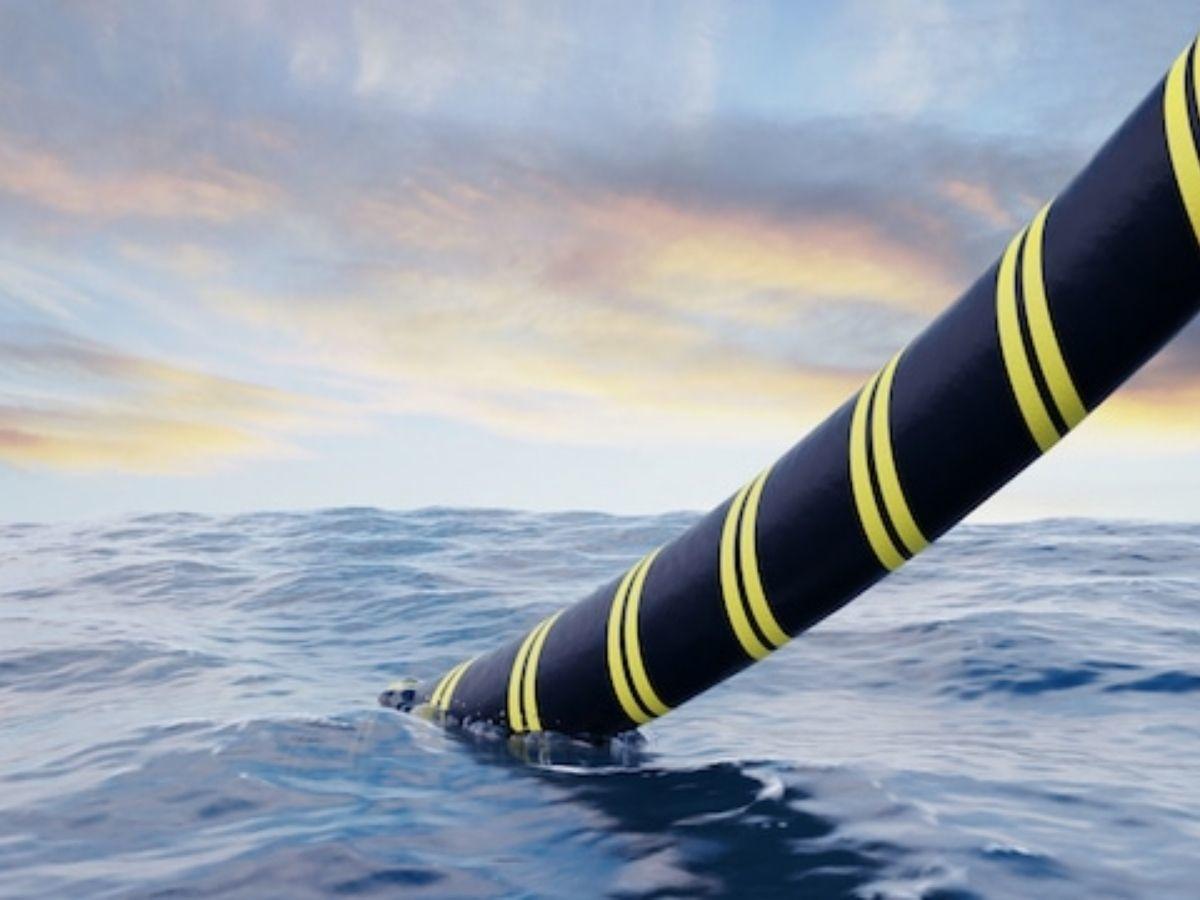Google has unveiled a new plan to build an underwater broadband cable network that will link six East Asian nations. According to a press statement issued by Google on Monday, the “Apricot” project will include 12,000 kilometers of cable interconnecting Japan, Taiwan, Guam, Philippines, Indonesia, and Singapore. Along with several local telecom companies, Facebook will pay for the cable system’s financing. Google and Facebook have already built thousands of kilometers of underwater broadband cable, and are now on the course of installing thousands of kilometers more. Both the tech firms revealed in March that they would finance 2 new cables connecting the West Coast of America with Indonesia. Google confirmed in June that it would install a cable connecting the East Coast of the United States with Argentina.
In response to legislative pressure from the American government regarding security concerns, Facebook and Google reportedly abandoned multiple initiatives connecting the US to Hong Kong in 2020 and 2021. The Apricot cable will have a 190 Terabytes per second preliminary planned speed and will include a cutting-edge submersible configurable optic add-drop multiplexer with wavelength selective switches for a grid-less and variable capacity configuration, built on space-division multiplexing architecture, which implies different point-to-point cables for channels. Asian firms and startups will benefit from lower latency, greater bandwidth, and higher resiliency in their communication across Southeast Asia, Northern Asia, and the Americas as a result of this collaboration.
Furthermore, Filipino telecom company PLDT revealed that it will invest approximately $80 million towards the construction of the Apricot system, establishing the PLDT Group’s 3rd international undersea cable system over the last two years. The Apricot cable is critical to the Philippine market as data traffic surges, and it is in line with the country’s plans to become a network infrastructure hub. Project Apricot is critical to increasing network resiliency as this undersea cable system will include new cable landing sites in Luzon as well as Mindanao. By routing the cable along the Philippines’ east seaboard, it will diversify the cable route network in the Asian region. Apricot will better satisfy the surging demand for 4G, 5G, and broadband services in Asia, along with much-needed internet bandwidth, resilience, and durability. Currently pending regulatory approval, this system is expected to be operational by 2024. Information regarding the South East Asian telecom market is widely available on various research platforms.
